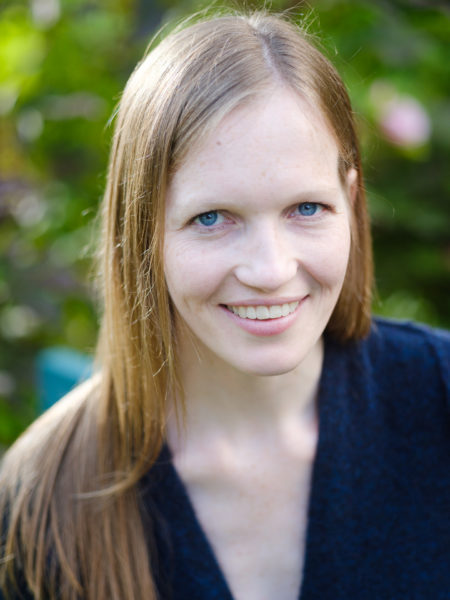TORONTO, Sept. 2, 2021 – Given the continued unpredictability of Delta’s impact in the school environment and changing safety guidelines, what can parents do to help kids get excited about going back to class and help them manage uncertainty? Heather Prime, an assistant professor in York University’s Faculty of Health in the department of psychology, is currently studying how the COVID-19 pandemic is posing a threat to family well-being and child adjustment. The overarching goal of her research program is to provide evidence to inform public health policy and clinical practice aimed at supporting vulnerable children and their families.
She says, it’s important for parents to help kids understand that disappointment may happen and that’s okay.
“It can be unnerving for parents to face another transition to September filled with questions,” says Prime. “We all wish that the months ahead held some predictability. At the same time there are small, but important, things parents can do to empower themselves to help their children weather this storm.”
 Heather Prime is available for interviews and can speak about:
Heather Prime is available for interviews and can speak about:
- How do we build resilience within families so they can help children weather the uncertainty?
- How can families manage fear and anxiety, sustain peer relationships and parental well-being as we get ready for another school year?
- What are the strengths and protective factors families have to draw on when facing challenge/adversity?
- What are the roles of communities and policies to support families, especially those who are facing more challenges during this time?
- How can parents, caregivers screen for mental health concerns?
- What can we do to integrate emotional and behavioral health into our daily routine?
More about Heather Prime
Prime's research program uses a family-based approach to understanding child development and mental health. Throughout her research, Prime emphasizes the importance of family relationships as a key mechanism through which risk and/or resilience is transmitted in families. She considers contextual environments that may expose children to risk, such as socioeconomic disadvantage and early adverse experiences, and the ways in which these risks operate in tandem with protective factors within the child, family, and broader context. Prime studies individual differences in children and families, including predictors and consequences as well as evidence-based interventions to support child and family well-being. She frequently implements real-time observations of family interactions between parent-child and sibling dyads, including the development of efficient behavioural observation coding systems, which are now in use in epidemiological and public health initiatives internationally. Dr. Prime is a clinical psychologist licenced to work with children, teens, and their families. She practices using a family systems and attachment-based approach.
York University is a modern, multi-campus, urban university located in Toronto, Ontario. Backed by a diverse group of students, faculty, staff, alumni and partners, we bring a uniquely global perspective to help solve societal challenges, drive positive change and prepare our students for success. York's fully bilingual Glendon Campus is home to Southern Ontario's Centre of Excellence for French Language and Bilingual Postsecondary Education. York’s campuses in Costa Rica and India offer students exceptional transnational learning opportunities and innovative programs. Together, we can make things right for our communities, our planet, and our future.
Media contact: Anjum Nayyar, York University Media Relations, cell 437-242- 1547, anayyar@yorku.ca

